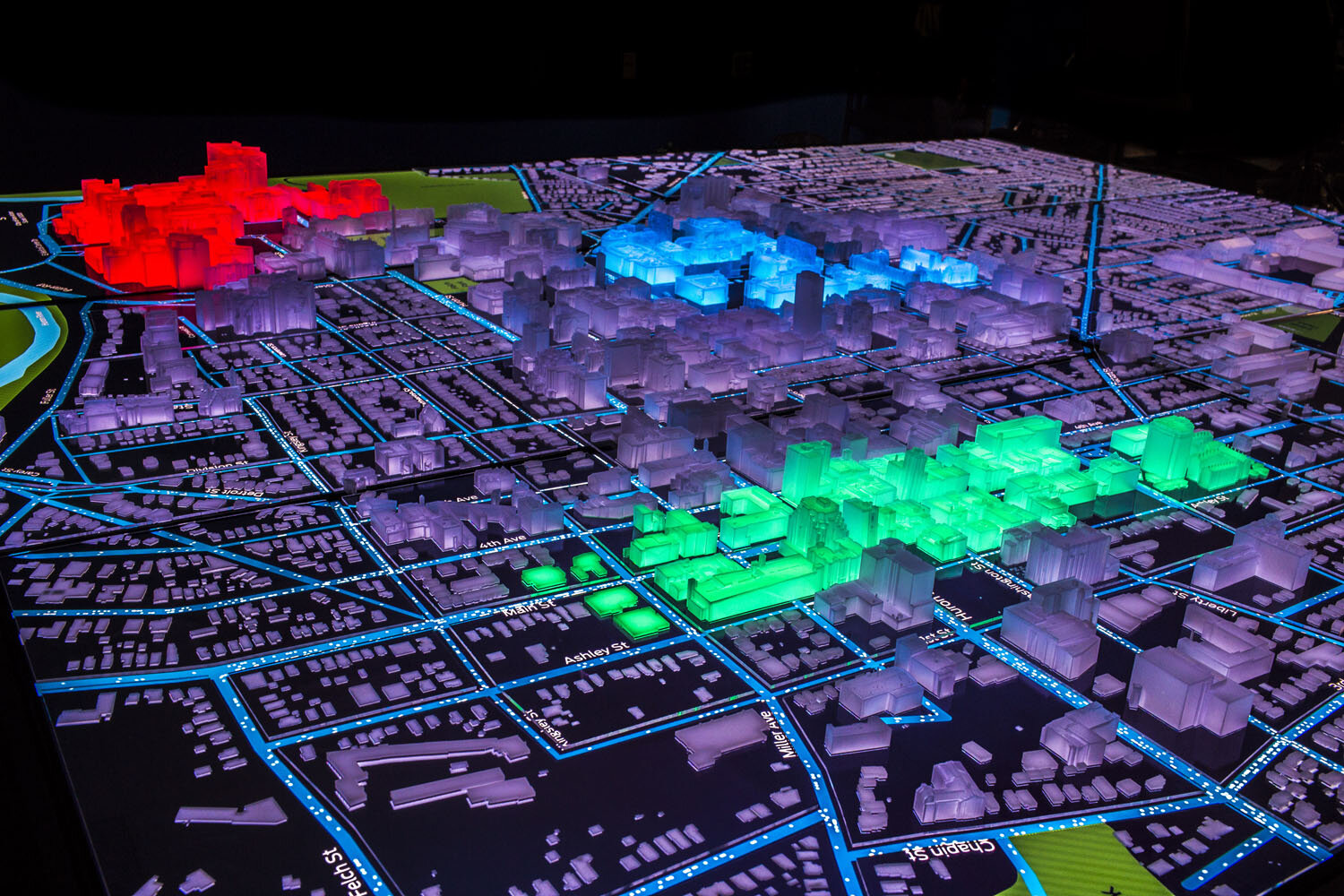Ford's Innovation Solves City Driving Headache
Driving in the city can be tough. There’s usually lots of traffic, which leads to jams, and a difficulty to find parking among other issues. However, one carmaker has taken it upon themselves to come up with a solution to solve this urban driving problem. And here’s the kicker; they are using artificial intelligence (AI) to do so.
Image from: Ford Authority
Ford is using artificial intelligence (AI) to study vehicle behaviour on city streets and find safety, travel, and parking solutions. Carmaker Ford is currently testing its Ford City Insights, which uses AI to study vehicle behaviour on city streets and find safety, travel, and parking solutions. The program uses traffic, parking, and police data and converts them into algorithms to figure out how to optimize daily driving.
The City Insights platform is made up of four main sectors: safety, parking, transit, and a 3D model that makes sense of the other three. The AI system uses its deep data sources to solve problems and provide answers to city officials and Ford’s own engineers.
Image from: New Mobility
For example, in the test city of Ann Arbor in Michigan, USA, the officials brought up the matter of whether there are enough parking spaces in the city. The AI is able to give a breakdown of whether parking spaces are sufficient based on the ration between cars in the city and parking spots. Ford’s test in Ann Arbor found out that there are sufficient parking spaces in town, but most drivers don't know where the open spaces are. So because of the results of these tests, officials can opt not to build a new parking structure, but instead figure out how to direct drivers to open parking spaces.
The fourth part of City Insights is the City Insights Studio. It's made up of 3D-printed buildings and city blocks that sit on top of flat-screen TVs showing maps and data. The point of it is to better visualize the output from the other segments. All four of the parts that make up City Insights depend on the traffic cameras, parking garages, police reports on where collisions happen, and other rich data sources. Ford will use the data from owners of Ford vehicles who have opted in to data sharing to predict information like where accidents almost happen but don’t, for example, which may not be possible to be known by city officials otherwise.
Image from: Youtube
"At Ford, we're doing many more things than building vehicles," Ford's vice president of mobility, marketing and growth, Brett Wheatley, said. "We're working to solve mobility challenges by partnering with cities."
Ford has been working with Ann Arbor for the past 18 months to get City Insights ready, and the automaker announced that it will expand its City Insights platform testing to six other cities: Austin, Indianapolis, Miami, Pittsburgh, and two other cities in Michigan: Detroit and Grand Rapids.
Ford's transition from automaker to mobility company is taking another step forward. Back in 2018, Ford president and chief executive officer Jim Hackett were talking about a "mobility operating system." Wheatley said that City Insights is the evolution of what Hackett envisioned back then, a system where everything works together seamlessly. Ford may not be there quite yet, but they are clearly on the right track forward.



